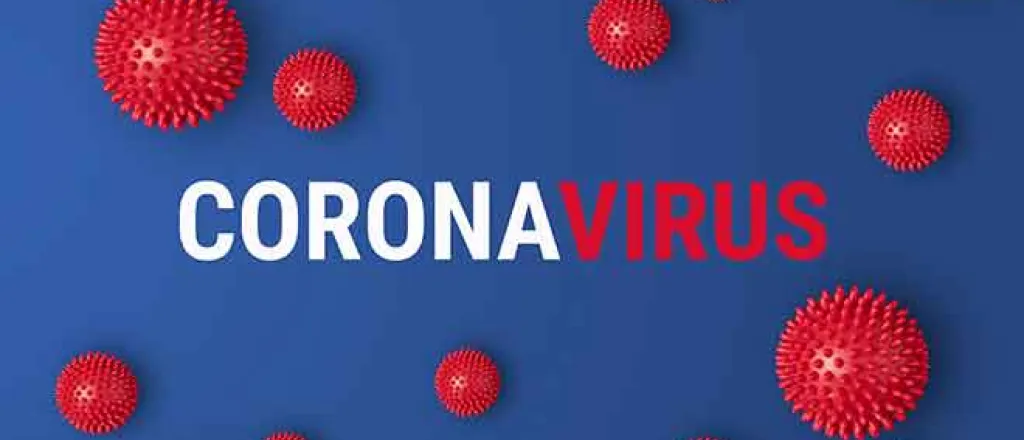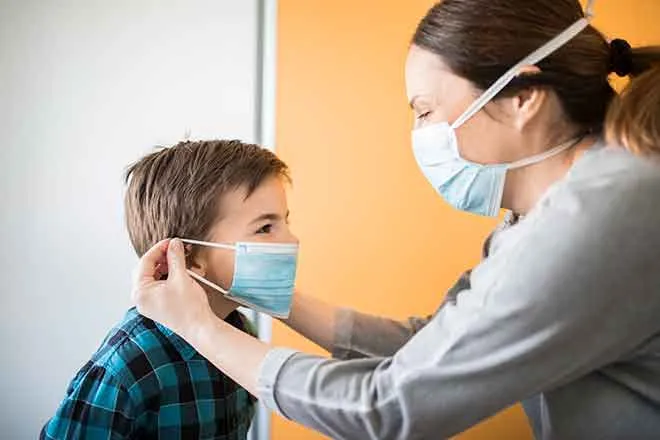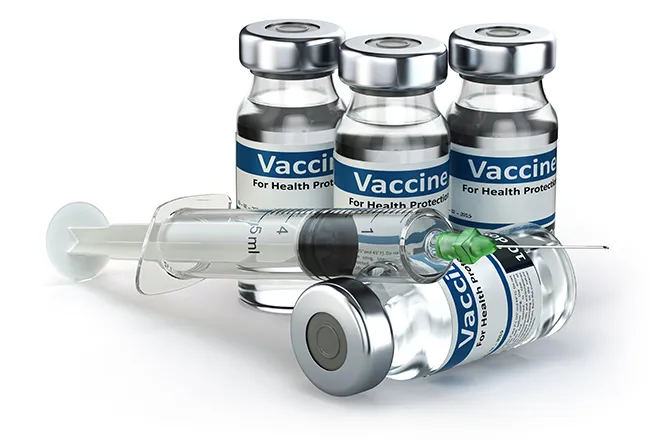
Colorado COVID-19 cases now at 8
The Colorado Department of Public Health and Environment is now tracking eight presumptive positive COVID-19 coronavirus cases in the state, up from two that Governor Jared Polis announced Thursday evening.
While CDPHE is able conduct testing, confirmation from the Centers for Disease Control and Prevention is needed for positive cases identified by the state laboratory. CDPHE is handling the cases as positives while awaiting CDC results.
The eight cases are dispersed across five counties. At least five of the eight are believed to have traveled internationally or had contact with someone who traveled. The other three cases are still under investigation. Community-level infections, where the disease spreads from person to person within the state, does not yet appear to be occurring within Colorado.
With positive cases, the person and close contacts, such as family members, are asked to isolate themselves to help slow the spread of the diseases. People who have potentially been exposed are being asked to quarantine themselves.
CDPHE and local public health agencies have the authority is issue quarantine and isolation orders, and have done so with the presumptive positive cases.
The eight cases announced as of Friday include
Denver County
- One case in a man in his 40s. The investigation is ongoing.
- One case in a woman in her 70s, exposed during international travel.
Douglas County
- One case in a school-aged female, exposed during international travel.
- One case in a woman in her 40s, exposed during international travel.
- One case in a woman in her 70s, exposed during international travel.
Eagle County
- One case in a woman in her 50s, exposed during international travel.
El Paso County
- One case in a man in his 40s. The investigation is ongoing.
Summit County
- One case in a man in his 30s, an out-of-state resident who was exposed during international travel or through contact with an out-of-state case.
Further details are not being released to protect the health privacy of the people affected.
The first cases of COVID-19 come as little surprise. State agencies have expected COVID-19 to appear in Colorado and have been preparing for weeks to address health needs in coordination with local public health agencies.
Jill Hunsaker Ryan, CDPHE Executive Director, said, “The increase in positive tests is not unexpected, and based on the experience of other states, the public health and health care systems have been preparing for additional cases.”
As of Friday, the state laboratory has conducted 186 COVID-19 tests since January 23. Of those tests, 109 were negative and results for 69 are still pending.
According to CDPHE, COVID-19 is primarily spread through respiratory droplets produced when an infected person coughs or sneezes. People who have sustained contact within six feet of an infected individual are most at risk of transmission.
Health officials are advising Coloradans to stay informed, take simple disease prevention measures, and prepare.
- Practice good hygiene. Thoroughly wash your hands with soap and water for at least 20 seconds. In the absence of soap and water, use hand-sanitizer with on alcohol content of at least 60 percent.
- Use your elbow or sleeve to cover coughs and sneezes.
- Stay home if you're sick; keep your children home if they are sick. The illness can last for many days so, make preparations now to work from home if possible.
- Always be prepared for an emergency -- like a large snowstorm -- and have a plan for your family. Make sure to have at least 72 hours of key supplies on hand such as medications, infant formula, diapers, pet food, etc. FEMA guidance for pre-pandemic COVID-19 preparedness is available at www.Ready.gov.
- Stay informed with reliable, up-to-date information. People who have general questions about COVID-19 can call CO HELP at 303-389-1687 or 1-877-462-2911, or email COHELP@RMPDC.org.















